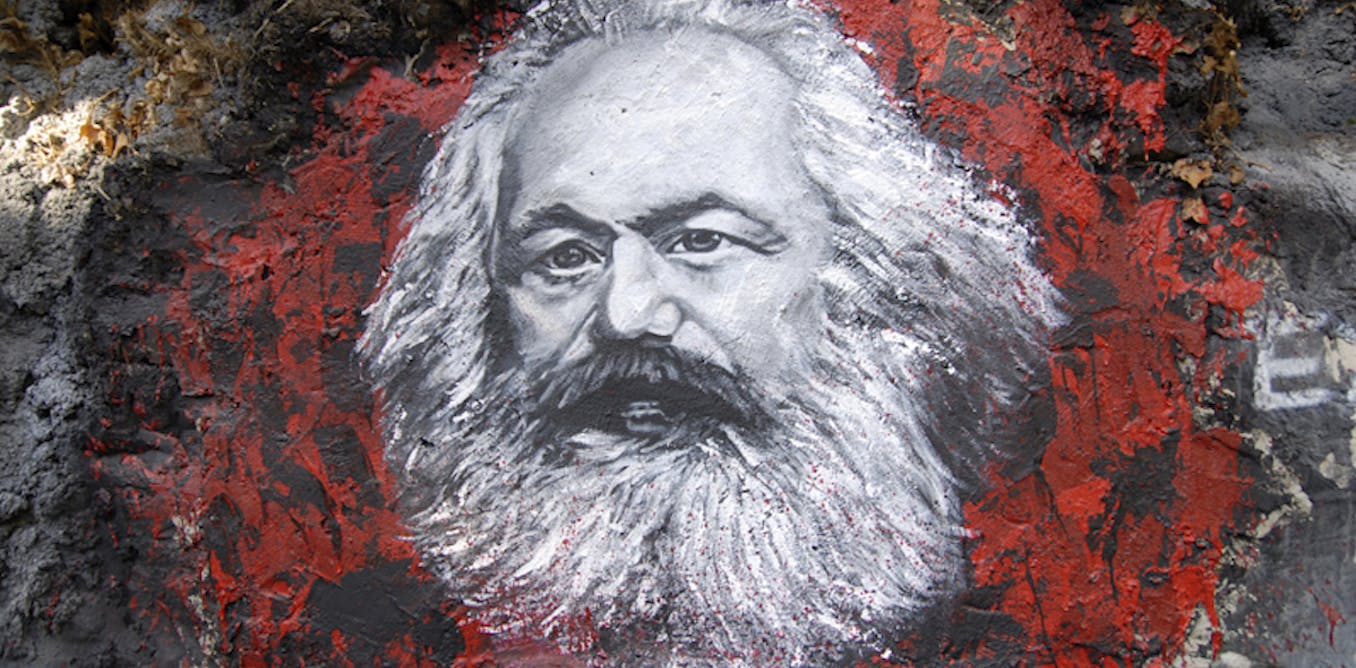The agency Fitch Ratings has cut down to 5% the growth forecasts of the Gross Domestic Product (GDP) of Spain for 2022 from the 6,3% earlier, due to rising energy prices, fueled by the war in Ukraine.
–
“This is probably weakness in consumer spendinglinked to an increase in Covid-19 cases during the winter, continue during the first quarter of 2022″, they argue in the ‘World Economic Prospects’ report published this Monday.
They note that even as coronavirus cases have fallen, retail and recreational activity remain weak and they expect more constrained consumer spending due to inflation.
“Even though Spain depends on Russian gas for about 3% of its primary energy consumption, high wholesale natural gas prices have caused an increase in energy costs”, they explain. That is why they expect inflation to increase this year to 2.9% from 0.8 % predicted previously.
“High energy costs and the interruption of imports, derived from the conflict, will likely limit production in the industrial and agricultural sectors of Spain at least for the next few months. For example, some steelmakers have already announced production cuts due to high energy prices.”
“We expect the current recovery in tourism to support export growth this year,” they say, while expecting a strong labor market to provide support to households. “We now expect unemployment to stand at an average of 13.4% in 2022, well below our previous forecast of 14.8%,” they expose.
The case of Spain will not be the only one affected, since worldwide it has cut the growth rate in 0.7 percentage points to 3.5%. For the eurozonehave cut the evolution of GDP by 1.5 percentage points, down to 3%, while in USA the cut is smaller, from 0.2 percentage points to 3.5%.
“Global inflation is back with a vengeance after an absence of at least two decades. This is beginning to look like a moment of regime change for inflation,” he says. Brian Coultonchief economist at Fitch Ratings.
According to agency data, Russia supplies about 10% of the world’s energy, including 17% of natural gas and 12% of oil, so doubts about Russian energy exports may cause prices to rise, reducing real incomes for consumers.
“Russia supplied about a quarter of the eurozone’s primary energy consumption in 2019. This equals OPEC’s oil production share of global primary energy production in 1973. Diversification into other sources will take time,” they argue.
–


